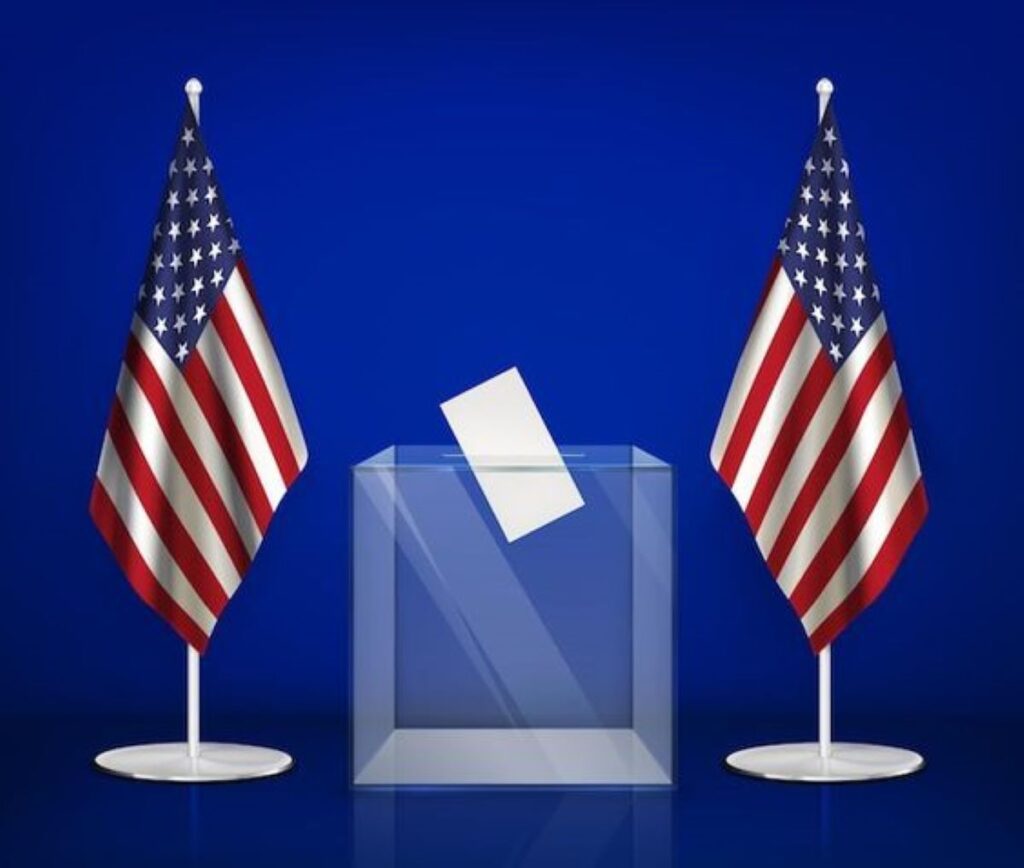Conservative group True the Vote has admitted to a Georgia judge that it lacks evidence to substantiate its claims of illegal ballot stuffing during the 2020 general election and a subsequent runoff two months later.
The Texas-based organization filed complaints with Georgia Secretary of State Brad Raffensperger in 2021. It alleged that there were coordinated efforts to collect and deposit ballots in drop boxes across metro Atlanta.
In response to an order from a Fulton County Superior Court judge requiring True the Vote to provide evidence it had collected, the group’s attorneys stated that they had no names or documentary evidence to share with state elections officials.
This admission prompted criticism from Raffensperger’s spokesman, Mike Hassinger, who labeled True the Vote’s “fairy-tale allegations” that lacked substantiation.
ALSO READ: Moscow Judge Convicts American Dad for Abusing Sons in Texas
True the Vote’s claims had been cited in the widely discredited film “2000 Mules” by conservative pundit Dinesh D’Souza. However, a State Election Board investigation determined that surveillance footage supposedly depicting ballot stuffing showed lawful ballot submissions.
Despite assertions by True the Vote in their complaints, the group failed to produce substantive evidence when subpoenaed by the election board to assist in their investigation of ballot trafficking allegations.
Frustrated by this lack of cooperation, Georgia officials took legal action, resulting in a court order demanding True the Vote to disclose names, contact information of sources, and any supporting documents.
POLL — Should the U.S. Government Create a Path to Citizenship for Undocumented Immigrants?
However, True the Vote’s attorneys reported that the group could not provide such evidence, citing exhaustive efforts to locate responsive items. True the Vote’s founder and president, Catherine Engelbrecht, declined to comment.
This development follows previous legal entanglements for True the Vote, including a contempt charge in 2022 for failure to comply with a court order in a defamation lawsuit. The lawsuit alleged that True the Vote had falsely implicated an election software provider in storing the personal information of U.S. election workers on an unsecured server in China.
ALSO READ: Supreme Court Expresses Skepticism About Colorado Disqualifying Trump from Its Ballot
In light of True the Vote’s failure to substantiate its claims, the Georgia Bureau of Investigation and state elections officials opened separate investigations. Despite attempts by True the Vote to withdraw its complaint, the State Election Board pressed forward, ultimately resorting to legal measures to compel the group to provide information.
Despite legal mandates, True the Vote’s attorneys asserted that the group possessed no documents related to confidentiality agreements with sources. This development underscores the ongoing controversy surrounding allegations of election malpractice in Georgia and the challenges faced in substantiating such claims.
You Might Also Like:
Sam’s Club Announces Plan to Implement AI Shopping Cart Scanners
Lawmakers Warn of National Security Threat as Russia Plans to Launch Nuclear Weapon
FBI to Face Charges for Seizing $86 Million Jewelry and Cash From Deposit Box Business
Kellyanne Conway Urges Republicans to Learn From New York House Seat Loss to Democrats
California New Bill to Ban Homeless Encampments
